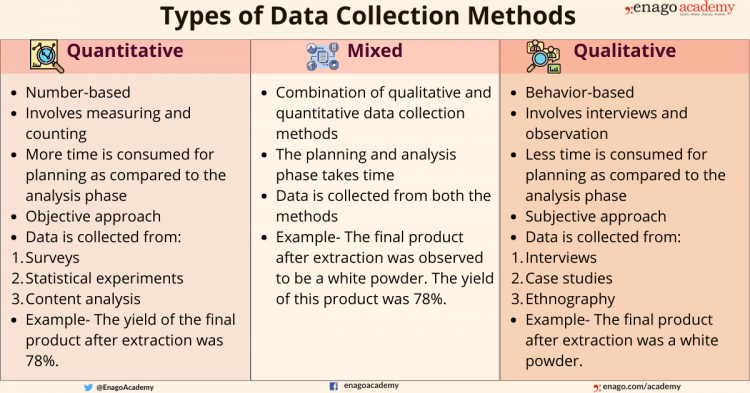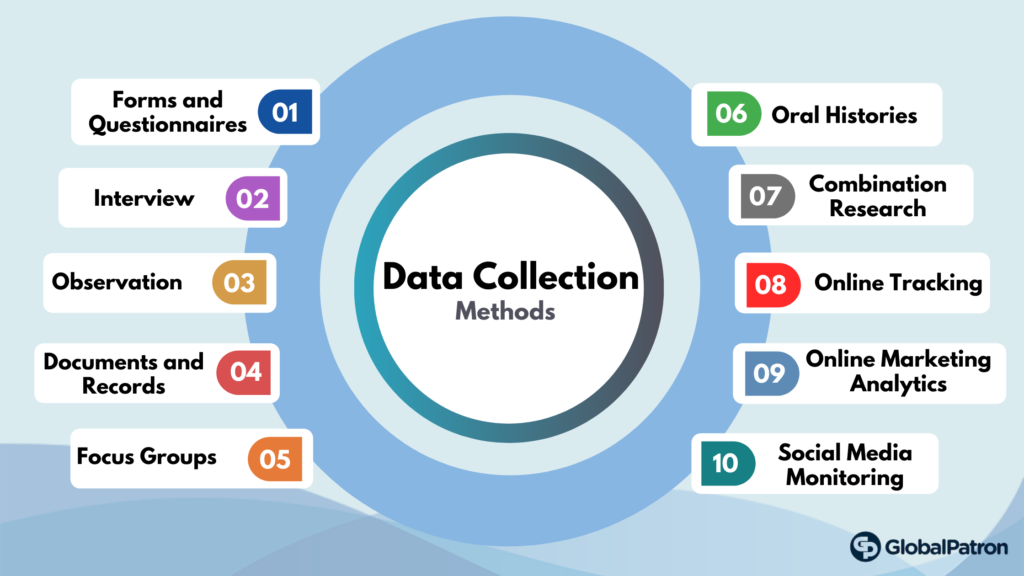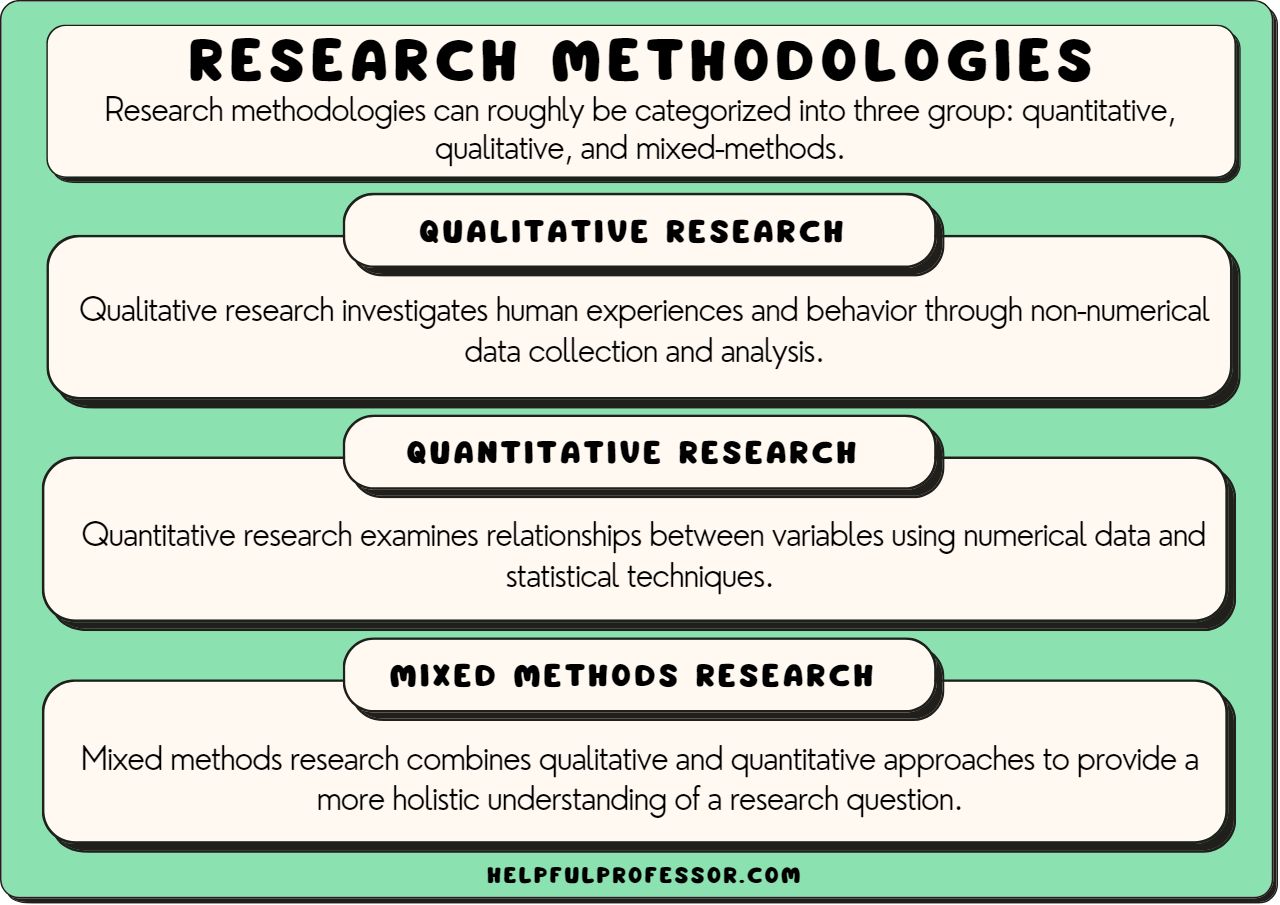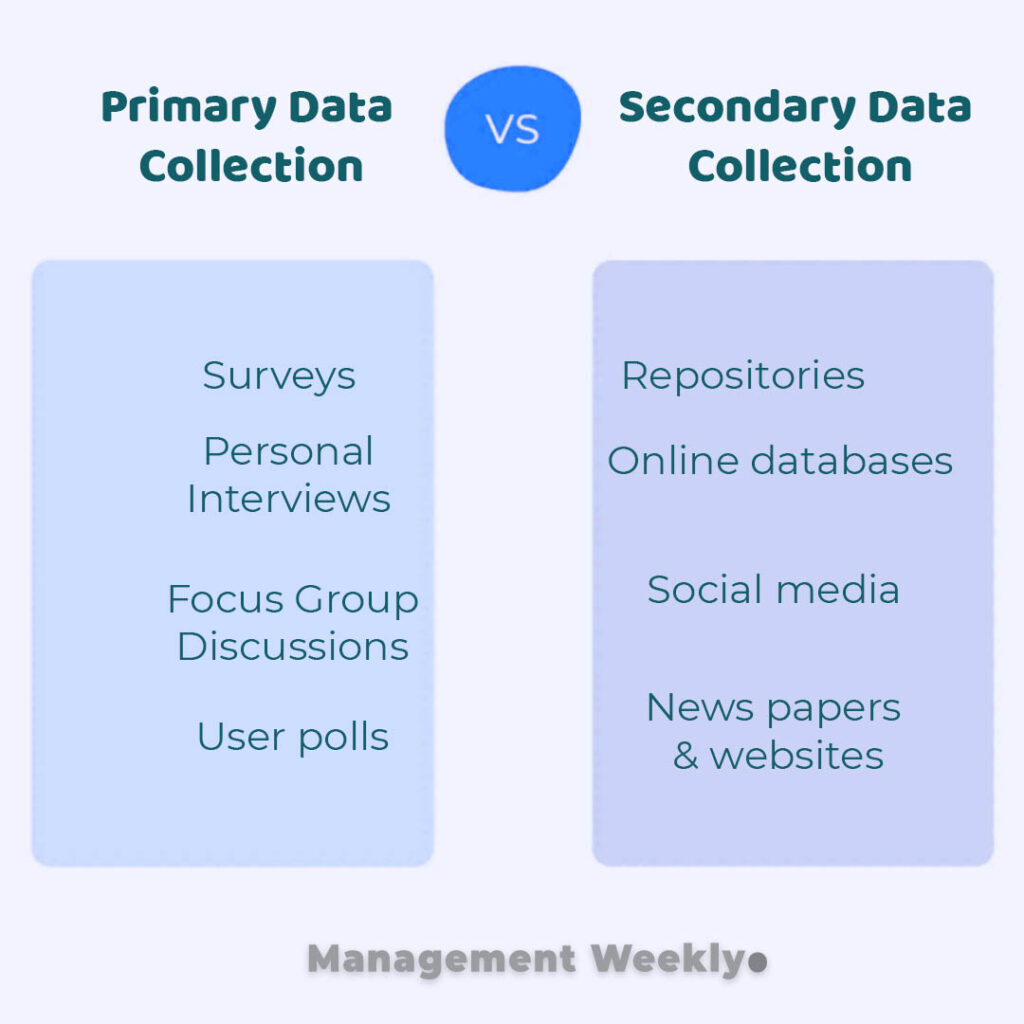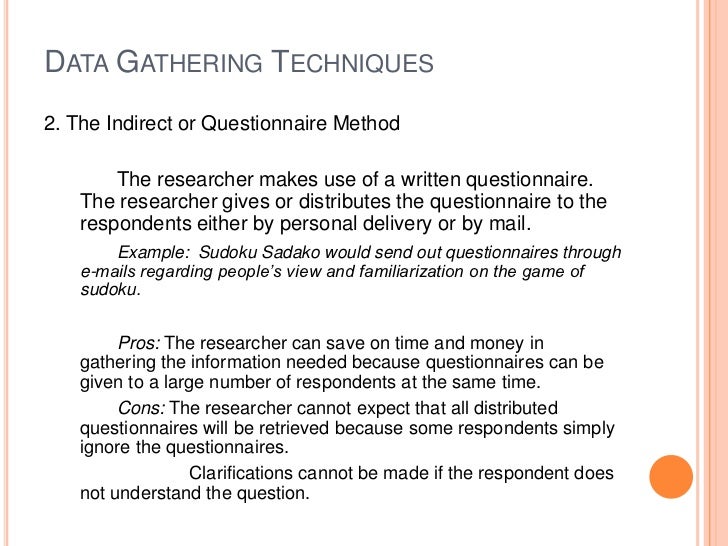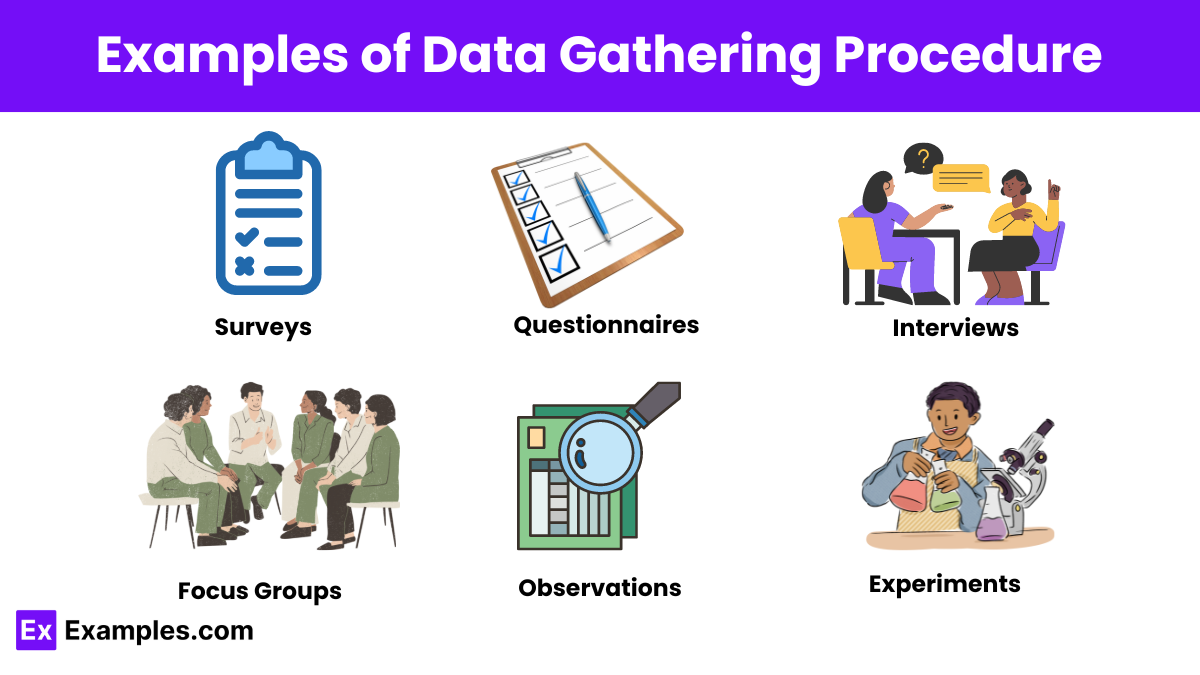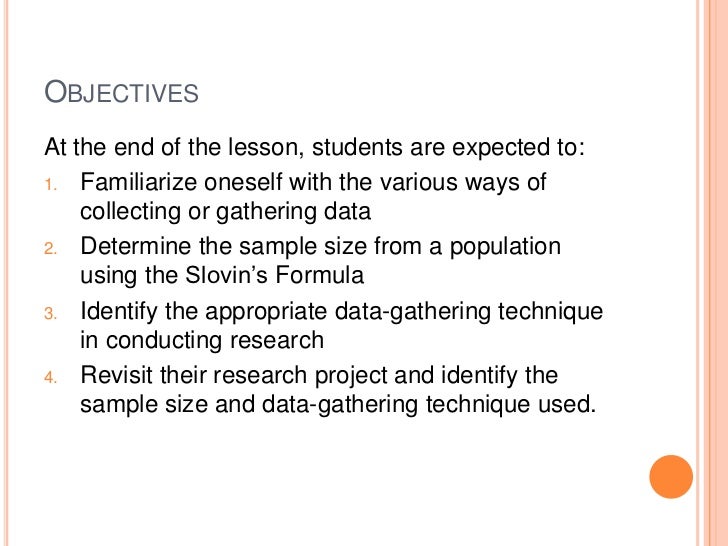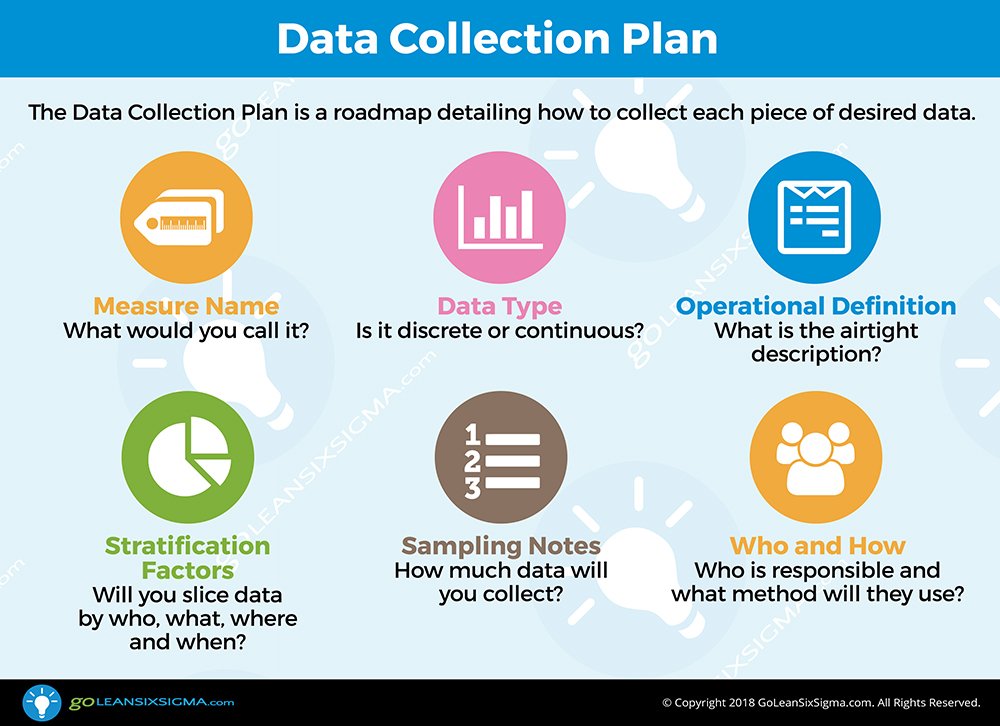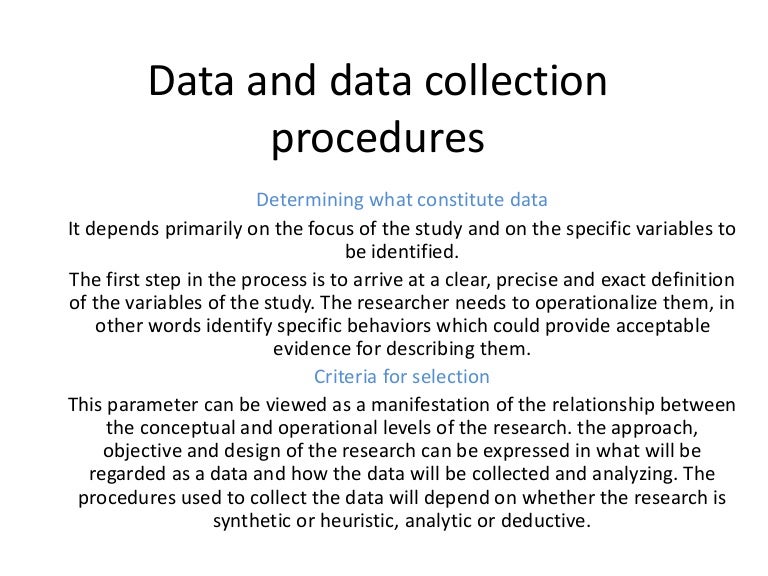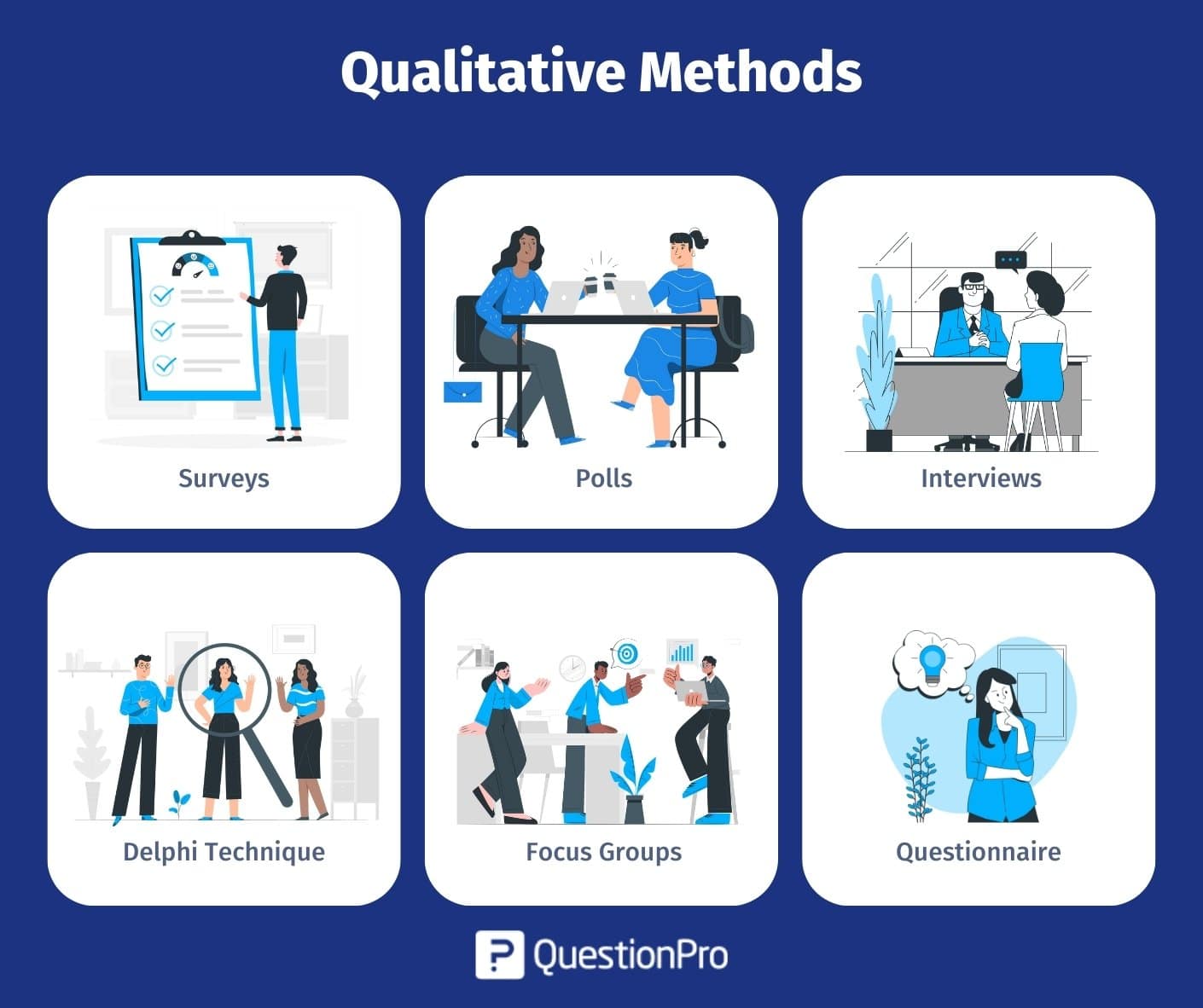Which Of The Following Activities Are Examples Of Data Gathering
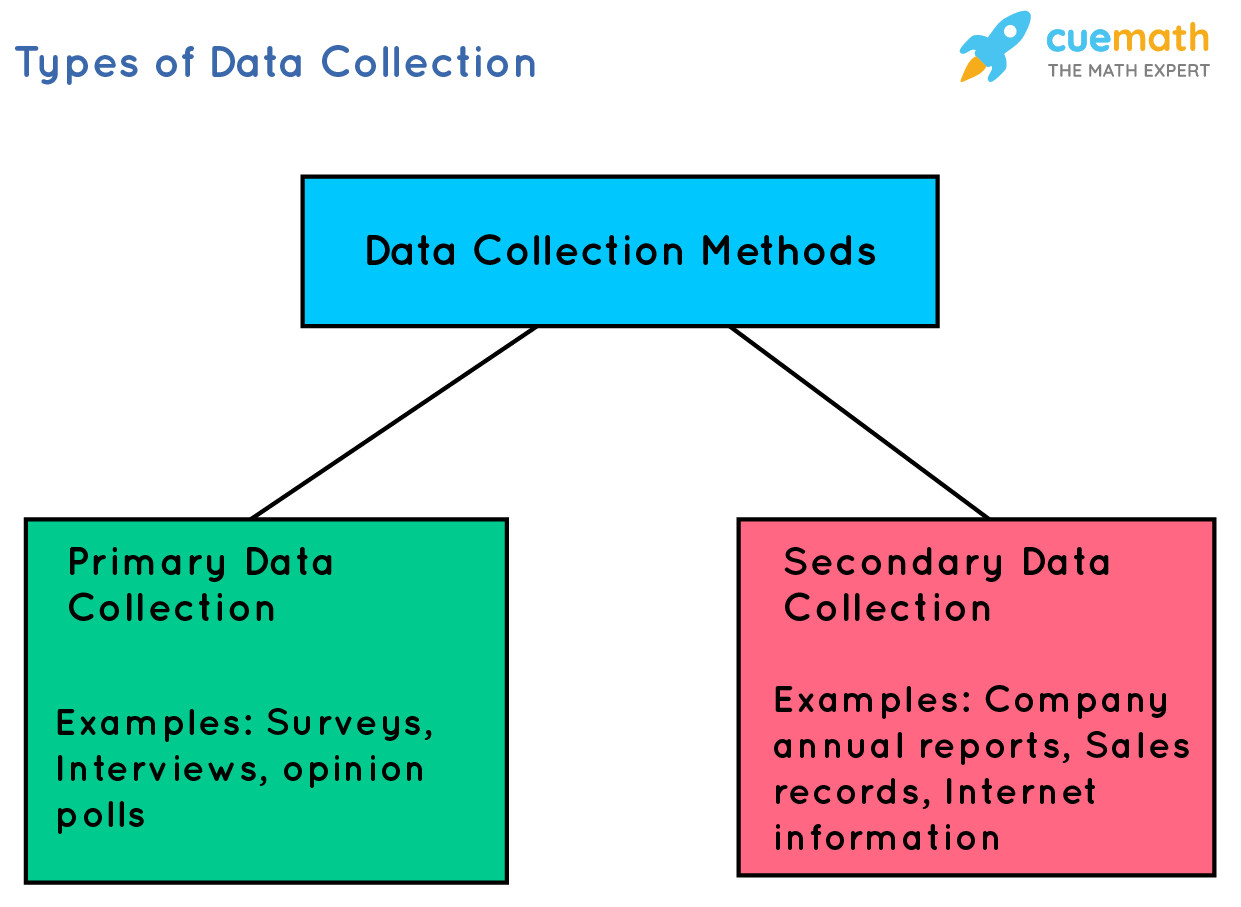
Imagine stepping into a bustling library, the scent of old paper and ink filling your senses. Researchers pore over documents, students highlight textbooks, and librarians meticulously catalogue new arrivals. Each action, in its own way, is a quest for knowledge, a hunt for information. But which of these activities, and countless others we engage in daily, truly constitute data gathering?
At its core, data gathering encompasses any process used to collect information in a systematic and organized way. It is the foundation upon which we build our understanding of the world, informing decisions ranging from personal choices to groundbreaking scientific discoveries. This article explores various activities, clarifying which fall under the umbrella of data gathering and highlighting its vital role in a data-driven world.
Understanding Data Gathering: The Basics
Data gathering is more than just passively receiving information. It involves a deliberate and structured approach to acquiring knowledge. The key elements include a defined purpose, a systematic method, and a record of the information collected.
Think of it like baking a cake. You don't just throw ingredients together; you follow a recipe, measure quantities carefully, and record the steps taken to achieve the desired outcome. Data gathering operates on a similar principle.
Surveys and Questionnaires
Surveys and questionnaires are classic examples of data gathering techniques. They involve asking a pre-determined set of questions to a sample group. The goal is to collect data on opinions, attitudes, behaviors, or demographics.
For instance, a market research company might conduct a survey to gauge consumer interest in a new product. Similarly, a political poll aims to understand voter preferences before an election.
Observations
Observational studies also fall squarely within the realm of data gathering. This involves systematically watching and recording behavior or events in a natural setting. There is no intervention or manipulation by the researcher.
For example, an ethologist might observe the social interactions of chimpanzees in their natural habitat. A traffic engineer could monitor traffic flow at an intersection to identify bottlenecks. These observations are valuable for gaining insights into real-world phenomena.
Experiments
Experiments are considered a cornerstone of scientific data gathering. They involve manipulating one or more variables to determine their effect on another variable. Control groups and rigorous procedures are essential to ensure the validity of the results.
A pharmaceutical company conducting clinical trials to test a new drug is a prime example. They carefully control the dosage, monitor patient responses, and compare the results to a placebo group.
Interviews
Interviews, particularly structured or semi-structured interviews, are valuable data gathering tools. They involve a researcher asking questions of participants to gather in-depth information on a specific topic. The interviewer typically records the responses verbatim or summarizes them in notes.
For instance, a journalist might interview experts in a particular field to gather information for an article. A historian might interview people who lived through a significant historical event to collect first-hand accounts.
Focus Groups
Focus groups are a form of qualitative data gathering that involves bringing together a small group of people to discuss a particular topic. A moderator guides the discussion, encouraging participants to share their thoughts and opinions.
Companies often use focus groups to test new product ideas or marketing campaigns. They provide valuable insights into consumer perceptions and preferences.
Document Analysis
Document analysis involves systematically reviewing and interpreting documents to extract relevant information. This can include historical records, government reports, company documents, or even personal diaries.
For example, a historian might analyze census records to track population changes over time. A business analyst might review financial statements to assess a company's performance.
Sensor Data Collection
With the rise of the Internet of Things (IoT), sensor data collection has become increasingly prevalent. Sensors embedded in devices can collect data on a wide range of variables, such as temperature, pressure, motion, and location.
Smart home devices, wearable fitness trackers, and industrial monitoring systems all rely on sensor data collection. This data can be used for a variety of purposes, from optimizing energy consumption to improving healthcare outcomes.
Activities That May Not Always Constitute Data Gathering
While many activities involve collecting information, not all qualify as data gathering in the strict sense. The key distinction lies in the systematic and organized nature of the process.
Simply reading a book or watching a news report, while informative, typically doesn't meet the criteria. Neither does casual conversation, although it may offer some insights.
Passive Observation
Passive observation, such as simply noticing the weather or overhearing a conversation, is not considered data gathering. It lacks the intentionality and systematic recording required.
For instance, if you happen to notice that the sky is cloudy, it's an observation. However, if you are systematically recording the cloud cover every day at a specific time, that becomes data gathering.
Unstructured Conversations
Unstructured conversations, while valuable for building relationships and exchanging ideas, are not typically considered data gathering. They lack the pre-defined questions and systematic recording characteristic of formal interviews.
Catching up with a friend over coffee is a great way to stay connected. But it is not a method to collect data, no matter how insightful the conversations may be.
Anecdotal Evidence
Anecdotal evidence, which is based on personal stories and experiences, can be informative, but it is not a reliable form of data gathering. It is often biased and lacks the rigor of systematic data collection methods.
Hearing a friend's experience with a particular product can be helpful, but it doesn't replace the need for robust scientific testing and data analysis.
The Significance of Data Gathering
Data gathering is essential across various fields, from scientific research to business decision-making. It provides the evidence needed to support claims, test hypotheses, and make informed choices.
In science, data gathering is the foundation of the scientific method. Experiments and observations are conducted to collect data, which is then analyzed to draw conclusions and develop theories.
In business, data gathering is used to understand customer behavior, track market trends, and optimize operations. Market research, customer surveys, and sales data analysis are all examples of data gathering activities.
In healthcare, data gathering is used to monitor patient health, track disease outbreaks, and evaluate the effectiveness of treatments. Electronic health records, clinical trials, and epidemiological studies are all essential for improving patient care.
Ethical Considerations in Data Gathering
As data gathering becomes increasingly sophisticated, it's crucial to consider the ethical implications. Privacy, consent, and data security are paramount considerations.
Participants must be informed about the purpose of the data gathering, how their data will be used, and their right to withdraw from the study. Data should be stored securely and protected from unauthorized access.
Researchers and organizations have a responsibility to use data ethically and responsibly, avoiding any potential harm or discrimination.
The Future of Data Gathering
The future of data gathering is likely to be shaped by advances in technology, such as artificial intelligence (AI) and machine learning. AI can automate many data gathering tasks, making it faster and more efficient.
For instance, AI-powered tools can automatically analyze social media data to track customer sentiment or identify emerging trends. Machine learning algorithms can be used to identify patterns in large datasets that would be impossible for humans to detect.
However, it's important to ensure that these technologies are used ethically and responsibly, addressing potential biases and protecting privacy.
Data gathering is more than just a process; it's a fundamental aspect of how we understand and interact with the world. By understanding what constitutes data gathering, we can become more informed consumers and producers of information.
As technology continues to evolve, the methods and possibilities of data gathering will undoubtedly expand. Staying informed and engaged is key to harnessing the power of data while upholding ethical principles.
